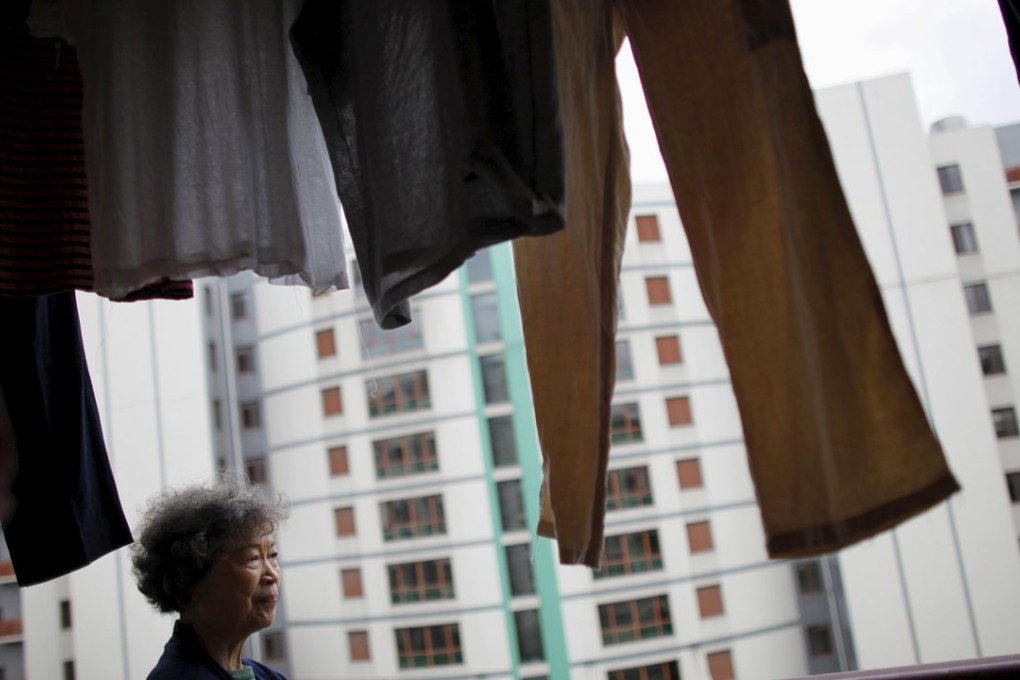Mr. Shangkong | Finding the money to raise kids is the issue in China
Ending the birth control policy will help the consumer economy, but not in the short term

China announced last week it is finally ending its controversial “one family, one child” policy at a time when the country’s economy is in its worst shape in more than a decade. The more practical question is not how many kids that Chinese parents should have, but where to get the money to raise more kids.
I have to take the “one child” policy story very personally because I was born in 1980, the year when the birth control policy was officially implemented. Like many of my 1980s fellow Chinese, we’re the first and now also becoming the last generation of the “one child” policy.
Sometimes I wonder if only I could have a brother or sister in my family. To some extent, it has been a very long and lonely journey for me to grow up as the only child in my family. I’m not unique as I’m just one of the 1980s generation in China.
We take all the pressure alone from studying hard to get into university to finding your first job. We do have our friends but I believe my readers can understand it’s a different story compared with when you can share some little secrets with your brothers and sisters, or seek their advice about your life’s journey.

Interestingly, the founding father of Communist China, chairman Mao Ze-dong, once encouraged Chinese families to have more kids as Mao believed the more people, the better to grow the Chinese economy, especially in terms of manufacturing and agriculture.
But Mao’s successors realised it was also important to control the population especially when you had the basic problem of feeding everyone.

